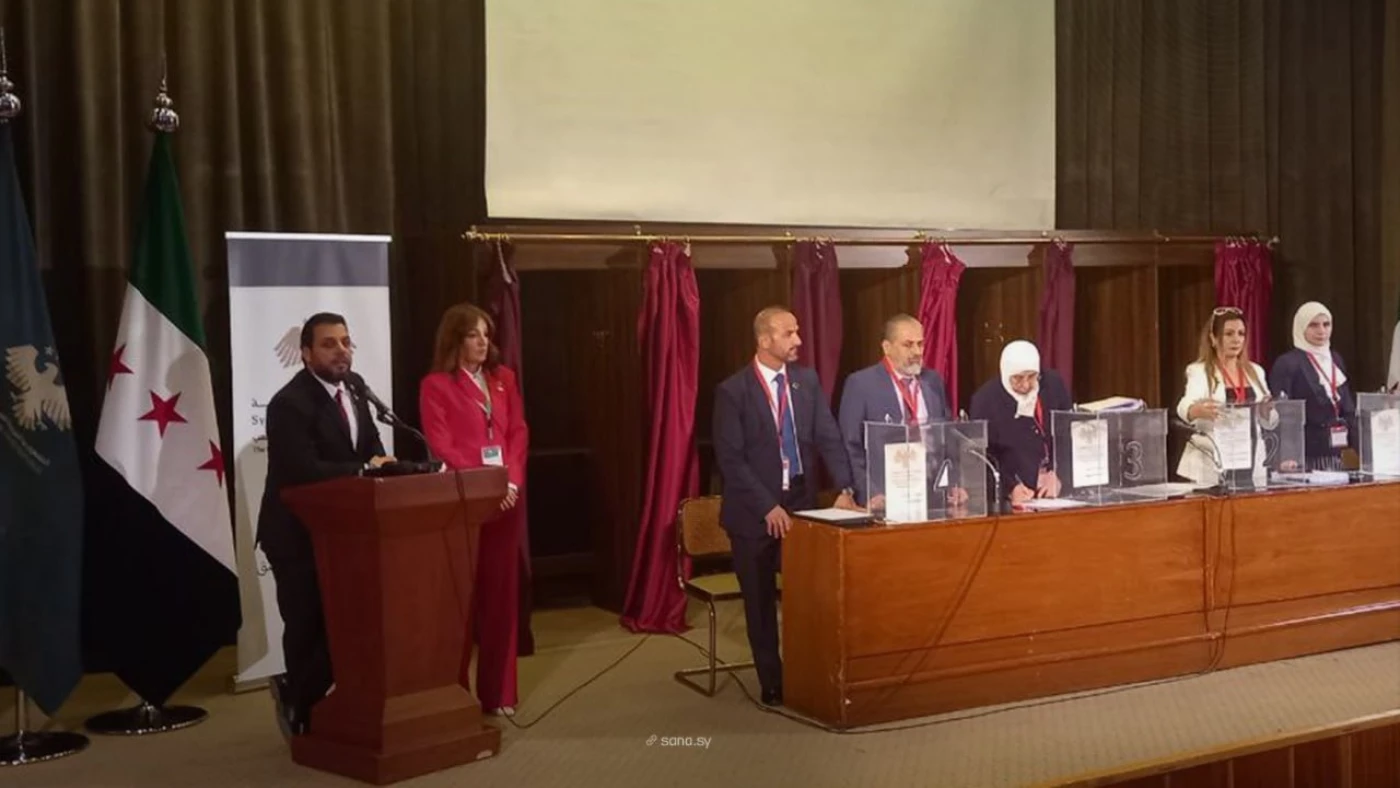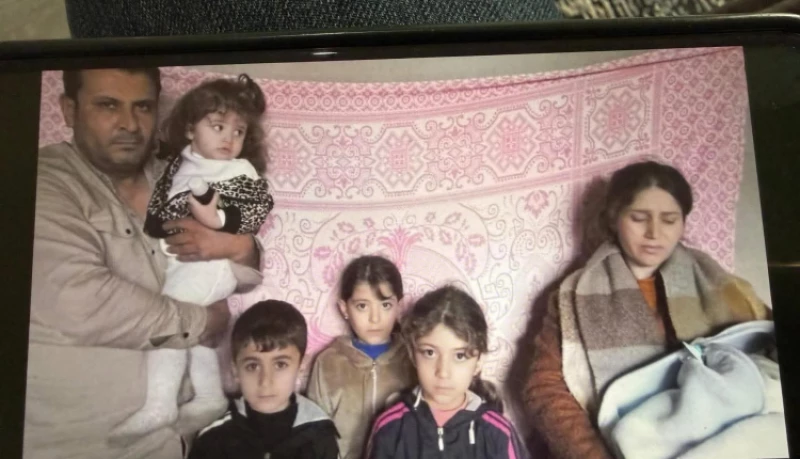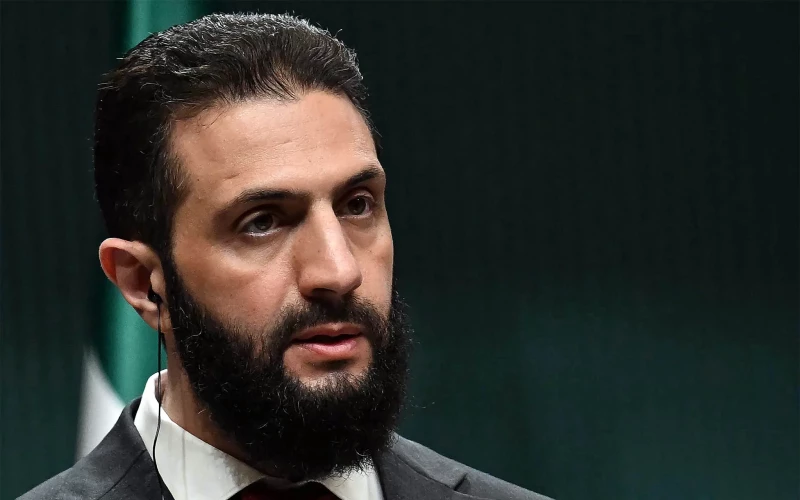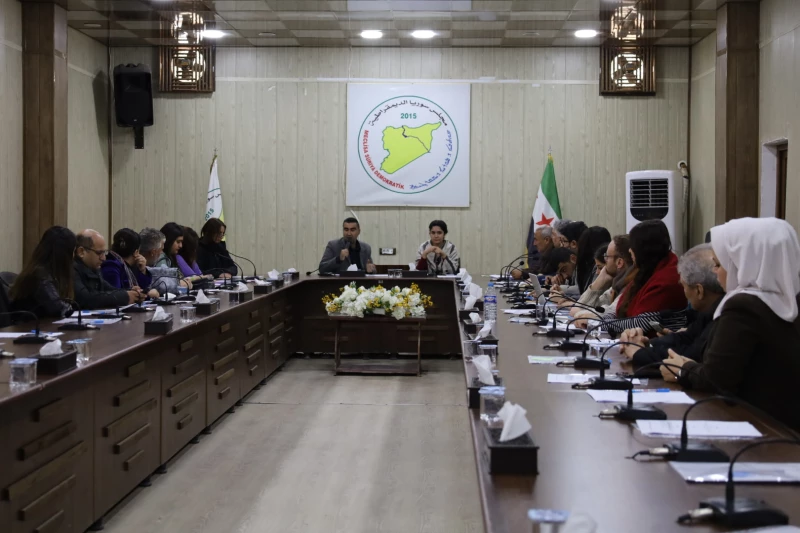ERBIL, Kurdistan Region of Iraq - The political wing of the Kurdish-led Syrian Democratic Forces (SDF), in a strongly-worded statement released on Monday, slammed Syria's parliamentary election by labeling it “a political farce,” that does not represent the Syrian population and components.
Syria held its first parliamentary elections since the fall of the Bashar al-Assad regime on Sunday. Members of the electoral bodies cast their vote in polling centers across several Syrian provinces.
In a statement, the Syrian Democratic Council (SDC) stated that the Syrian elections “do not express the will of Syrians and did not represent all regions and components in the country,” instead, calling it “a political farce unworthy of Syria's ancient history nor the sacrifices,” citing the struggle of the Syrian people to realize “a New Syria based on democracy.”
“These superficial elections contributed to deepening the division within Syrian society,” the council added, noting “Syrians aspire to genuine elections that express their will and represent them all.”
The SDC concluded that no electoral process can be considered legitimate unless “it is conducted with the participation and representation of all Syrians,” and “under international supervision that guarantees integrity and transparency.”
Areas under the control of the Kurdish-led Autonomous Administration in North and East Syria (AANES) and the southern Druze heartland of Suwayda were set to be excluded from the elections in late August.
In mid-September, however, the decision was reversed for the Kurdish strongholds, Nawar Najma, spokesperson for the supreme committee for the elections, told SANA.
Contrary to SANA’s September report, AFP said Sunday that the vote is set to exclude Suwayda as well as areas under the control of AANES, as they fall outside of the Damascus government.
Corroborating the AFP report, Syria's state TV on Monday published a list of the elections' final results, excluding representatives from Suwayda, Hasakah, and Raqqa.
The Kurdish-led administration has denounced the elections as exclusionary and unilateral on numerous occasions, most prominently on August 24th following the decision to exclude Kurdish-majority areas from the process, urging the UN not to recognize the election results.
Minorities across Syria have voiced similar concerns, where in numerous minority-held areas, Sunni Arab candidates were elected as representatives.
A total of 1,578 candidates ran in the parliamentary elections across the country’s 50 constituencies, including 221 women, comprising 14 percent of the total number.
The legislature will consist of 210 members, one-third of whom will be appointed by the country’s President Ahmed al-Sharaa.



 Facebook
Facebook
 LinkedIn
LinkedIn
 Telegram
Telegram
 X
X


